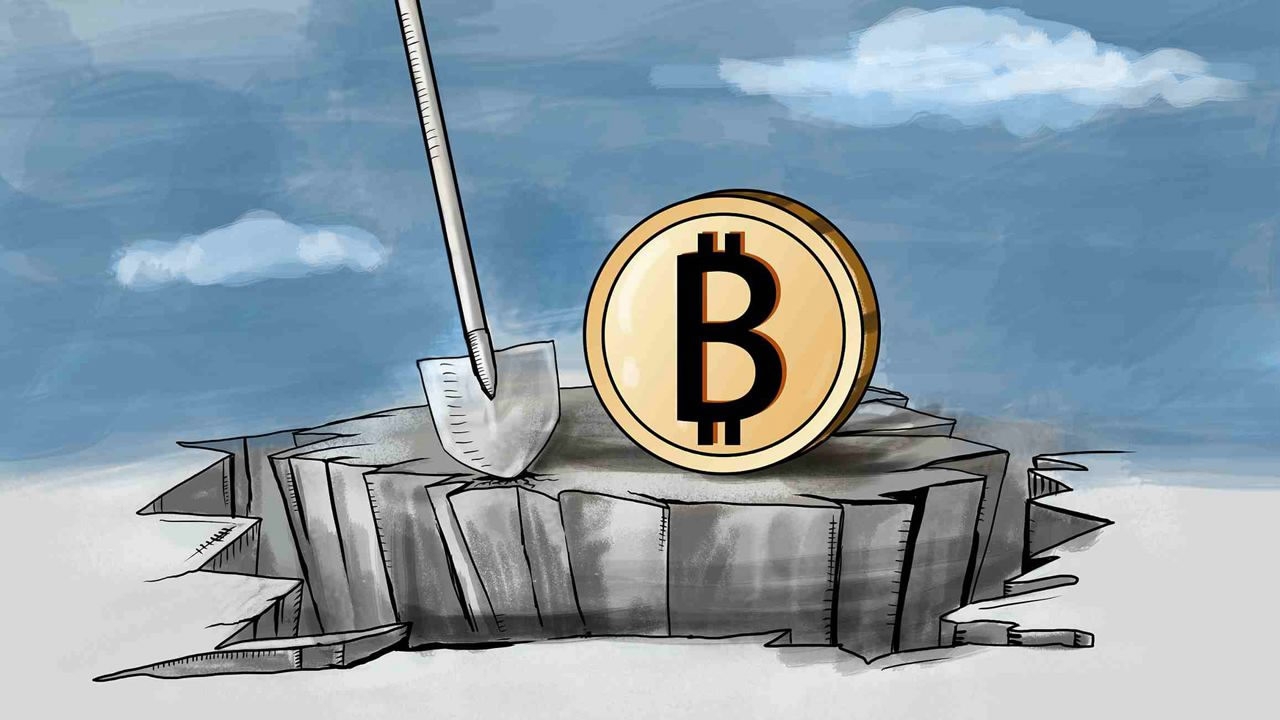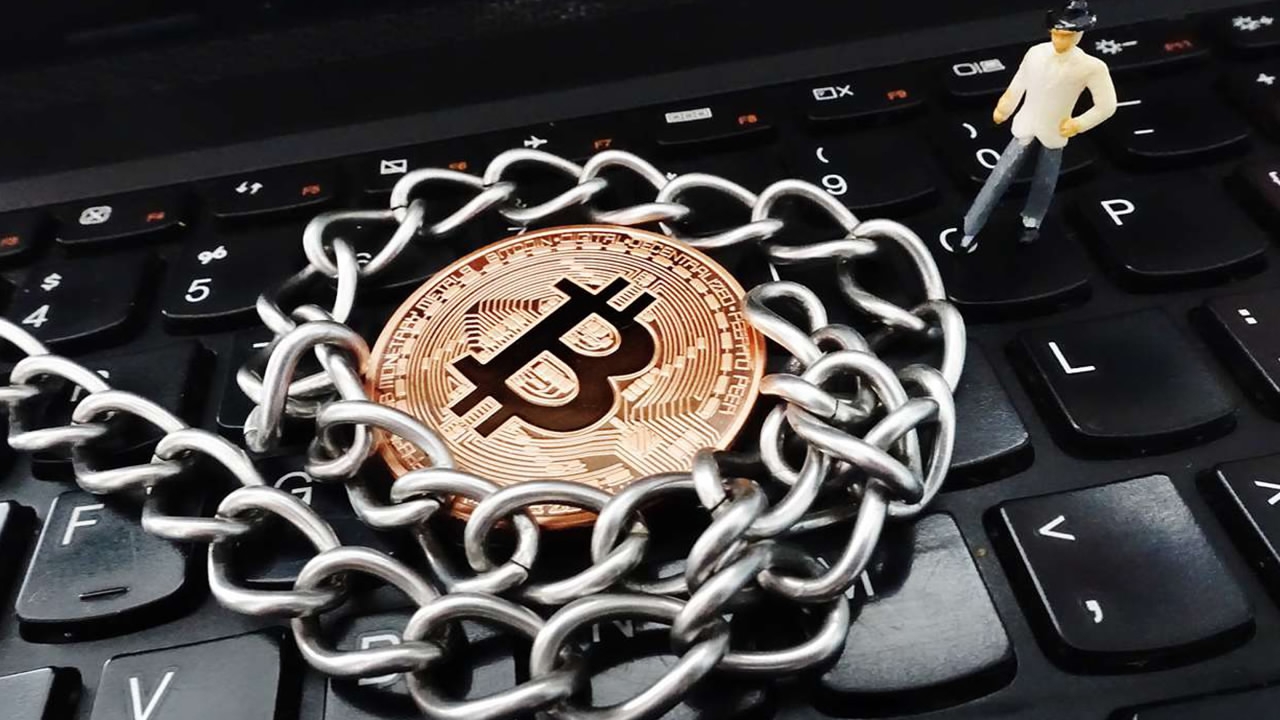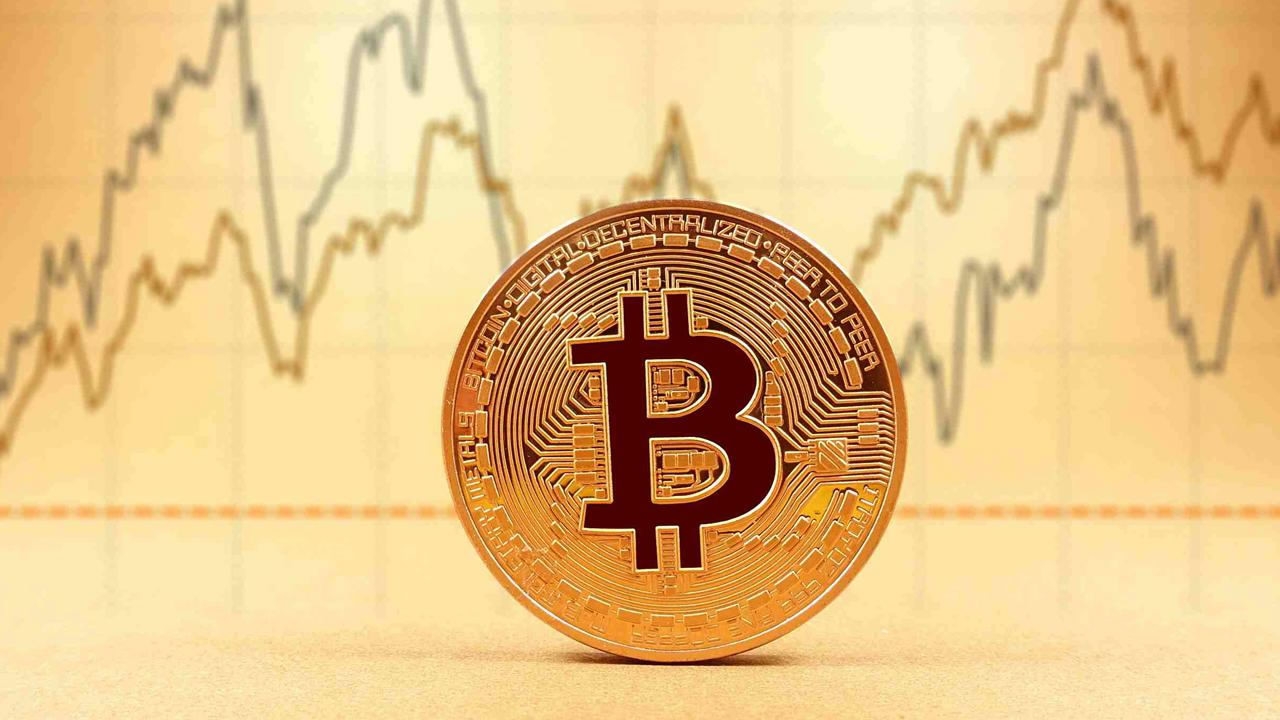
Business
19:54, 28-Dec-2017
Movers & Shakers: Is bitcoin’s 2017 roller-coaster ride a bubble or boom?
By CGTN's Du Zhongyan

Bitcoin took the financial world by surprise in 2017 when its price rose more than 1,700 percent compared to the start of the year. Data from cryptocurrency exchange Bitstamp shows that the virtual currency was trading at over 13,800 US dollars per unit on Thursday, down 10 percent from Wednesday.
Bitcoin fever in 2017: A cryptocurrency boom?
The upsurge in bitcoin is a story of its own. Its price hit an all-time high of over 19,800 US dollars in mid-December.
“Clearly the reality is the world of cryptocurrency is growing at an exponential rate right now and everyone is doing their best to expand infrastructure, but it is hard to know what would happen in a hypothetical scenario,” said Charles Cascarilla, chief executive of New York-based company Paxos, which operates a cryptocurrency exchange.

VCG Photo
VCG Photo
And the launch of bitcoin futures by CME Group and CBOE Global Markets lowered the entry barriers for big institutional investors. Bitcoin futures surged past 17,000 US dollars on the first day of trading on the CBOE Futures Exchange.
That debut has been viewed as the moment that the digital currency reached the investment mainstream, as well as a major step in the digital currency's path towards legitimacy.
While bitcoin futures began trading in the US, much of the virtual currency's recent rise in value has been led by Asian investors. Data shows that Asian countries, including Japan, South Korea, and Vietnam accounted for 80 percent of the global bitcoin trading activity as of the end of November.
Bitcoin fever has gripped South Korea. Income levels and wealth in South Korea have been growing over the years, but with an inflated real estate market and fully-valued stock market, investment opportunities are hard to come by, especially for a younger generation of investors who are well-versed in things such as e-commerce and mobile banking.
Now everyone from housewives to students to office workers are rushing to virtual currency exchanges in hopes of a quick profit.

Bitcoin's future risk: Is a bubble coming?
However, bitcoin's volatility remains an ever present reminder that no-one actually knows the true value of the currency. And the overheated bitcoin market is also criticized by those in finance.
In September, JPMorgan Chase (JPM) Chairman and CEO Jamie Dimon called bitcoin a "fraud" and said that he would fire anyone who bet on bitcoin for their stupidity.
“The currency isn’t going to work. You can’t have a business where people can invent a currency out of thin air and think that people who are buying it are really smart,” Dimon said at a bank investor conference in New York in October.
And United Bank of Switzerland (UBS) Chairman Axel Weber also stated recently that it has no plans to trade bitcoin.
“For me it’s not a currency, for me it is an investment and it is an investment that has no intrinsic value – it’s a transaction device and people have to be cautious if they look at it as a store of value or as an investment that has long-lasting value,” said Weber.

VCG Photo
VCG Photo
Bitcoin exchanges and wallets have a history of being targeted. Therefore, security experts say they become more vulnerable to cybercrime as valuations rise. Moreover, experts warn that a lack of regulations and rampant speculation makes a market crash also a high possibility.
“The debut on CME makes no difference for me. The fundamental economic foundation is not there. And the fundamental question is that it has to be regulated by one government or an alliance of governments,” said Professor John Gong from the University of International Business and Economics, adding that it’s time for leading countries to come together and seriously think about what to do in face of the speculative frenzy.
China’s central bank banned an initial coin offering (ICO) on Sept. 4 and later banned all cryptocurrency exchanges from operating in the country, leading to a wide drop in prices in the cryptocurrency market.
The South Korean government said on Thursday that it will impose additional measures to regulate speculation in cryptocurrency trading. The government said the steps will include a ban on opening anonymous cryptocurrency accounts. The justice ministry also recommended new legislation to allow regulators to close virtual coin exchanges if needed.
(CGTN’s Wang Yue also contributed to the story.)

SITEMAP
Copyright © 2018 CGTN. Beijing ICP prepared NO.16065310-3
Copyright © 2018 CGTN. Beijing ICP prepared NO.16065310-3